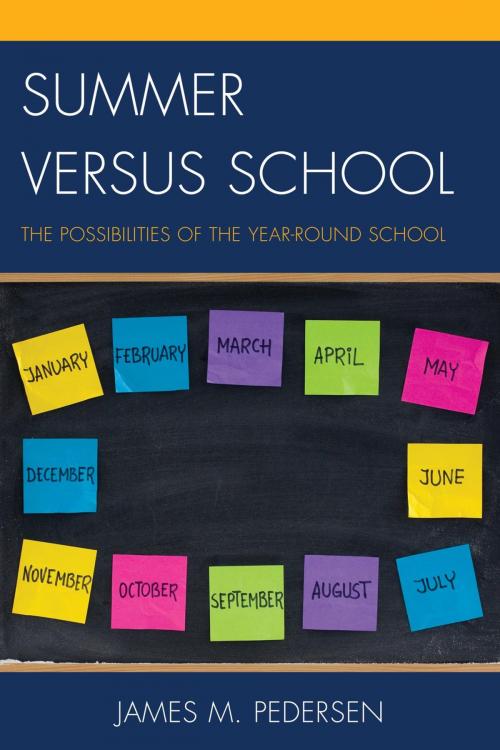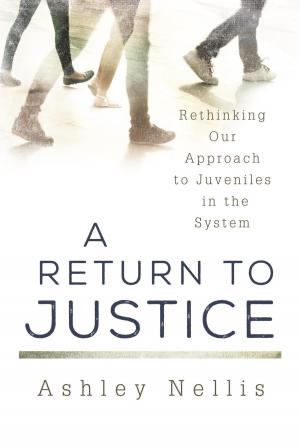Summer versus School
The Possibilities of the Year-Round School
Nonfiction, Reference & Language, Education & Teaching, Educational Theory, Evaluation, Student & Student Life, Administration| Author: | James Pedersen | ISBN: | 9781475812565 |
| Publisher: | Rowman & Littlefield Publishers | Publication: | January 22, 2015 |
| Imprint: | Rowman & Littlefield Publishers | Language: | English |
| Author: | James Pedersen |
| ISBN: | 9781475812565 |
| Publisher: | Rowman & Littlefield Publishers |
| Publication: | January 22, 2015 |
| Imprint: | Rowman & Littlefield Publishers |
| Language: | English |
As American educational reformers continue to find innovative ways to address the global achievement gap, many experts seem to agree that increasing instructional time is a viable option. In addition to extending the school day, some educational leaders have looked to modifying the traditional academic calendar to address some of the academic losses that occur when students have 8-10 weeks of summer vacation each year. Re-examining how students spend their summer vacation, although considered by many to be a cultural taboo, may be the answer to addressing global competition and decreasing the national achievement gap. The need for a two month break from schools harkens back to a pre-industrial time that no longer is pertinent for our students. Although an answer may be staring us in the face, are we willing to give up on the American tradition of summer vacation all in the name of reform and student success?
As American educational reformers continue to find innovative ways to address the global achievement gap, many experts seem to agree that increasing instructional time is a viable option. In addition to extending the school day, some educational leaders have looked to modifying the traditional academic calendar to address some of the academic losses that occur when students have 8-10 weeks of summer vacation each year. Re-examining how students spend their summer vacation, although considered by many to be a cultural taboo, may be the answer to addressing global competition and decreasing the national achievement gap. The need for a two month break from schools harkens back to a pre-industrial time that no longer is pertinent for our students. Although an answer may be staring us in the face, are we willing to give up on the American tradition of summer vacation all in the name of reform and student success?















